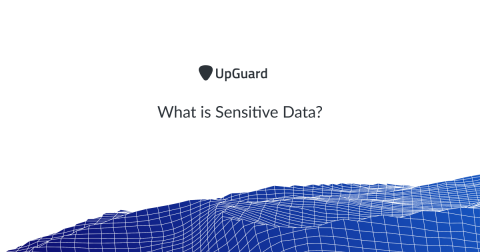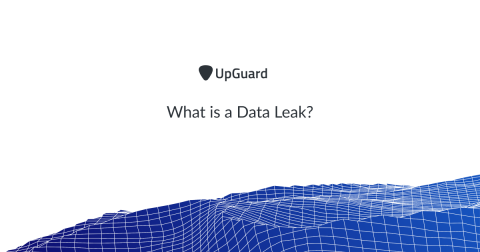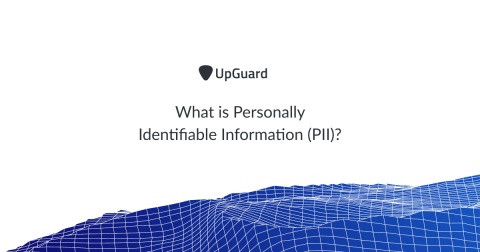What is Log Auditing?
If you are involved with cyber security, you must have heard log auditing. In this article we discuss the importance and benefits of log auditing and how it can help improving the security posture of your networks. The definition of audit log (also known as audit trail) is quite straightforward. When the system is applied a change, it leads to a parallel one in the behaviour of the system. This change in the behaviour must be recorded in an audit log.









